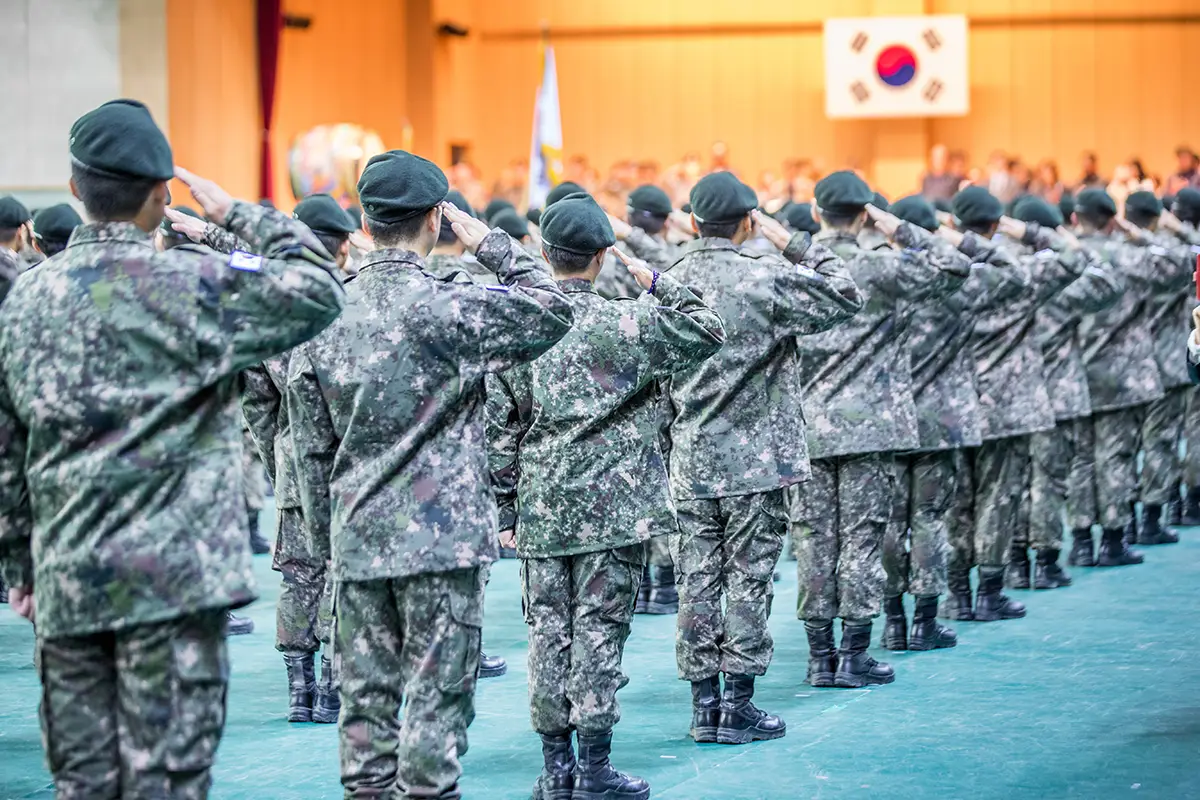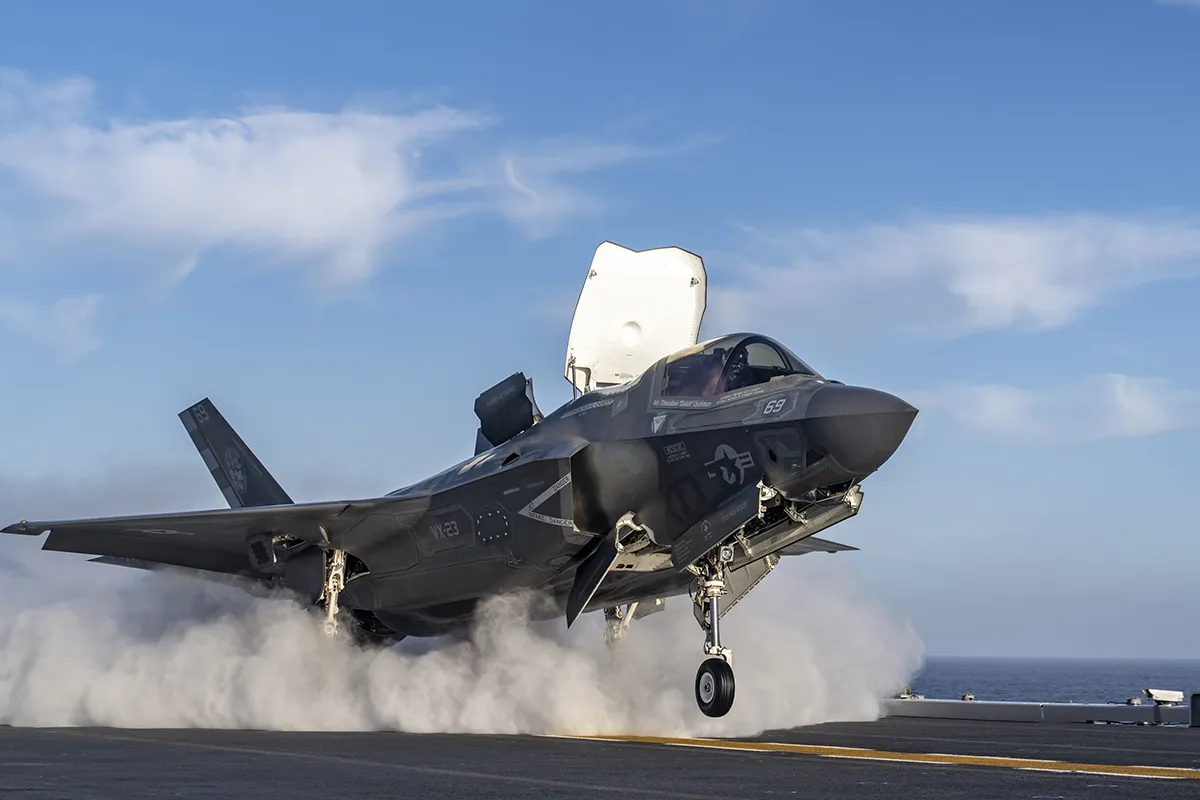Officially there is no election scheduled yet, but for most South Koreans, the question of a presidential election is not if it is happening, but when. Inconclusive polling on support for major political parties indicates a range of possible outcomes that will influence key issues such as future relations with China, Japan, and North Korea. More significantly, a change in administration could affect the depth of Seoul’s relations with the United States. A close reading of previous and current stances from the potential candidates and their parties makes it possible to estimate how South Korea’s future foreign policy objectives might shape those relations.
The path to the impending election began with the imposition of martial law by South Korean President Yoon Suk Yeol on December 3, 2024, causing a political frenzy. After two impeachment motions, Yoon was impeached by the National Assembly—including votes from members of his own party, the People’s Power Party (PPP). The major opposition party, the Democratic Party (DPK), unanimously voted in favor of impeachment. The Constitutional Court will likely announce Yoon’s impeachment verdict within a few days. If impeached, parties will need to nominate their candidates within 20 days, and the country will have to hold the presidential election within 60 days. Although both parties have remained relatively quiet about candidates as they await the court’s verdict, three likely candidates have been making headlines, each with distinct perspectives on issues of critical importance to Washington.

- Democratic Party (of Korea)
- Frontrunner of DPK; leading in polls
- Lost 2022 presidential race to Yoon by just 0.7 percentage points
- Risk: appealing election violation case that may rule out running in 2025

- People's Power Party
- Resigned as PPP leader after Yoon impeachment, but expected to run
- One of the youngest National Assembly politicians
- Leads group for new generation of conservative leaders: Under 73

- People's Power Party
- Only politician to publicly announce bid for presidency
- Mayor of Daegu, South Korea's 4th largest city
- Risk: mentioned in election corruption case
South Korea and US-China Competition
Since Yoon was elected in 2022, the ruling PPP has taken a firm stance against China and fully supported the US. This aligned with Yoon’s foreign policy goal of turning South Korea into a “global pivotal state,” increasing the country’s international influence and diversifying from a China-focused economy. While it is still unclear whether a new PPP president would maintain Yoon’s goal of becoming a global pivotal state, the incumbent party continues to actively oppose the DPK’s more accommodating stance on China and its effects on the US-South Korea alliance. PPP member Hong Joon-pyo reprimanded the opposition party, saying the DPK were “deluded” to believe that China was South Korea’s ally. In March 2024, former PPP leader Han Dong-hoon claimed that the previous DPK administration was “overly submissive” to China, which had “collapsed” the US-South Korea alliance.
In contrast, DPK leader Lee Jae-myung recently argued that South Korea “can’t afford” to lose China, even as he would like to strengthen the country’s security alliance with the US. Lee’s stance on remaining economically connected to China while maintaining a security alliance with the US is shared among DPK politicians and affiliated opposition parties. In the first impeachment motion against Yoon, the opposition noted that the Yoon administration “ignored” geopolitical tensions, “antagonizing North Korea, China, and Russia.” They argued that this escalation increased national security vulnerabilities and threatened a war on the Korean Peninsula. (Later, Lee said that including this portion was a mistake, and it was subsequently scrapped for the second impeachment motion.) It is likely a DPK candidate would attempt to reduce tensions with China through economic collaboration to mitigate perceived escalatory actions.
US-South Korea-Japan Trilateral Cooperation
Although South Korean administrations had previously worked economically with Japan, further collaborative efforts fell short due to historical clashes dating back to pre-colonial times and World War II. The Yoon administration expanded cooperation with Japan to unprecedented levels through bilateral and trilateral shuttle diplomacy. High-ranking officials regularly met to discuss regional issues, culminating in the first-ever trilateral Freedom Edge exercise in 2024. Even with Japan’s own political crises, South Korea maintained cooperation with Tokyo. One PPP member emphasized that “taking advantage” of the current trilateral relationship from the Yoon administration would be beneficial for opposition parties. It is likely that a new PPP president would continue a cooperative, trilateral relationship, although it is unclear how comprehensive the policy would be.
The opposition party noted in the first impeachment motion that Yoon had a “strange Japan-centered foreign policy,” indicating that a DPK president is unlikely to emphasize trilateral cooperation. Unlike Yoon, who was selective in engaging in historical debates with Japan, Lee remains firm that South Korea cannot back down on its historical grievances against Japan. In a recent Washington Post interview, Lee added that Japan must reflect and admit to colonial wrongdoings. Compared to Yoon’s shuttle diplomacy, Lee looks to prioritize national interests over trilateral cooperation through his “two-tier strategy.” Regardless of which party wins, cooperation between the US, South Korea, and Japan is likely to become less consistent than it was during Yoon’s presidency, due to differences in foreign policy and strategic goals.
The Future of Inter-Korean Relations
Inter-Korean relations have steadily declined during Yoon’s presidency. North Korea eventually declared the South as a “hostile state.” PPP presidential candidates are likely to maintain Yoon’s line on North Korea. Hong said he believes that inter-Korean dialogues in 2018 under former South Korean President Moon Jae-in only brought temporary peace rather than creating substantial change. Han explicitly said that South Korea “will not sit idly by any provocations by the Kim Jong Un dictatorship” and noted the South’s evolving security posture and military power. However, Washington’s recent willingness to restart dialogues with the North could change the policies of PPP leaders as they maintain their close alliance with the United States.
The DPK also sets itself apart from the PPP on this issue, remaining steadfast in its Sunshine Policy engagement—a dialogue-focused and economy-forward policy—with the North. Lee has emphasized a “pragmatic” approach to North Korea, focusing on economic sanctions and protests against the North. Lee mentioned that he would like to work as a “bridge” between the US and North Korea. A DPK president would be likely to continue the work of previous Democratic Party administrations, focusing on mitigating tensions on the peninsula through talks. However, as defense cooperation between Russia and North Korea increases, it is possible that Kim Jong Un is less likely to engage in inter-Korean cooperation no matter which party is in power.
For the US, the outcome of South Korea’s presidential election could substantially affect its Indo-Pacific goals, including deterring competition from China and strengthening multilateral engagement. While the PPP is expected to maintain Yoon’s foreign policy strategies, changes in the international stage may influence the party to pivot its strategies. These changes include further cooperation between Russia and North Korea and the potential end of the Russia-Ukraine war. The DPK is expected to scale back most of Yoon’s foreign policies in order to reduce tensions in the region. As the likelihood of Yoon Suk Yeol’s impeachment verdict increases, US policymakers and defense strategists should continue to monitor the positions of South Korean presidential candidates on issues of critical interest.



